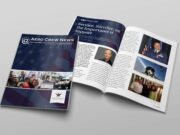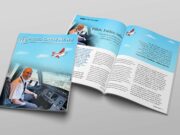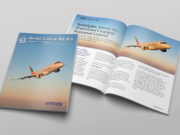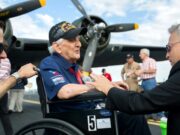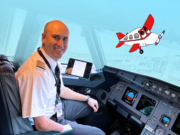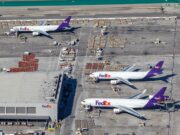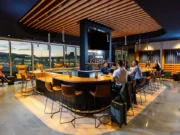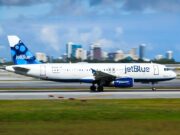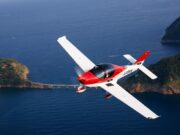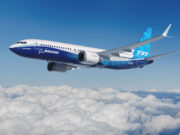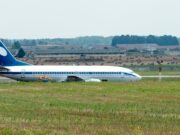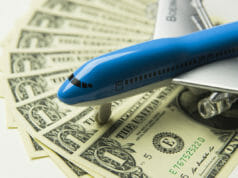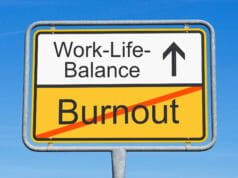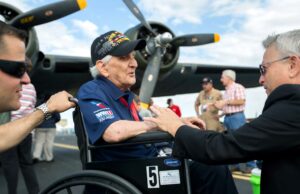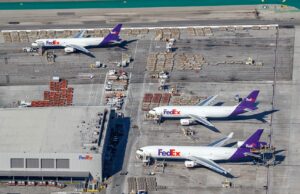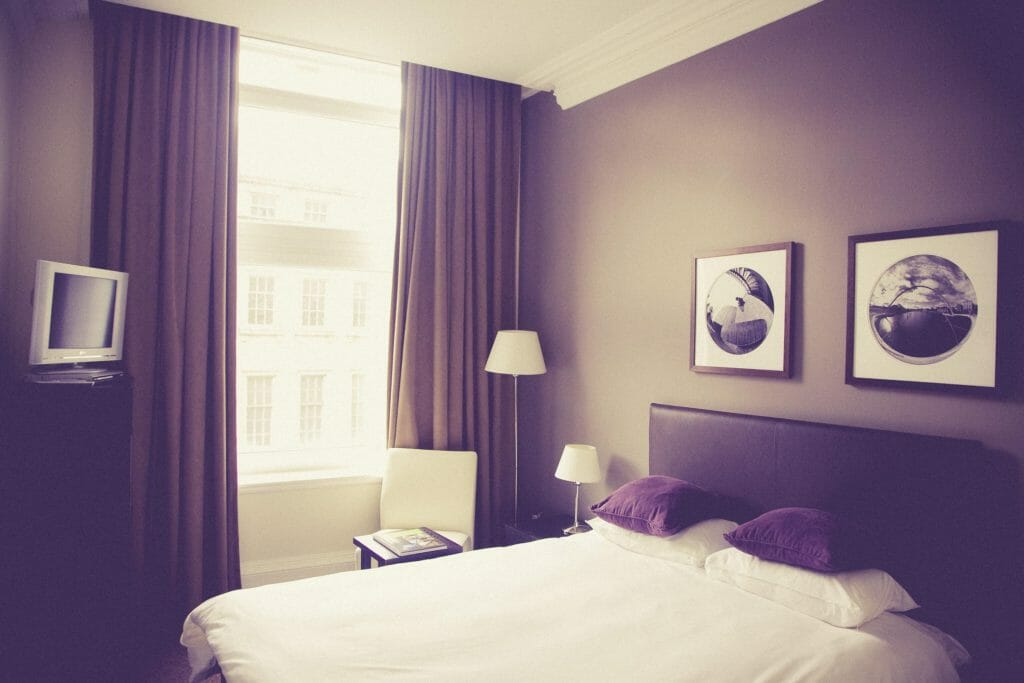 One of the least glamorous aspects of an airline contract are the requirements for hotel accommodations. Not only is the hotel something that isn’t glorified in any contract negotiation, but it is probably something that most people don’t even think about.
One of the least glamorous aspects of an airline contract are the requirements for hotel accommodations. Not only is the hotel something that isn’t glorified in any contract negotiation, but it is probably something that most people don’t even think about.
So why an article on hotel accommodations if every pilot doesn’t seem to focus on it? Much like a good backup plan, it typically isn’t something that comes to mind until it is found to be lacking or subpar.
Hotels are unquestionably the most important part of a pilot’s compensation package when it comes to quality of life on the road. This aspect of traveling will have an extreme effect on a pilot’s mental well being, rest on the road, and enjoyment while off duty but not sleeping. Everything from the cleanliness of the hotel to its location and vicinity to local attractions.
This is an area where a typical pilot will spend about 2 to 3 weeks of nights per month, may take one or more major meals and spend hours on end. Pilots are also dependent on these accommodations to get their FAA mandated rest period and must actually be able to get “quality” rest. Things such as room size, bed type, cleanliness, hotel condition, facilities maintenance and average clientele can have a profound effect on the quality of the time spent in a hotel. Tired of that noisy A/C that won’t cool the room? Mold in the bathroom? Throngs of partiers or kids running up and down the halls? All of these factors can hugely affect the good night’s sleep that is so paramount to effective and safe job duty performance.
It goes without saying that the options around the hotel will also affect the well being of the crew members in that a hotel with more dining and entertainment options may make for a better “wind down” process for the crew, which in turn affects stress, health and rest. It will also have a profound effect on the perception of an enjoyable workplace, since we associate so much enjoyment with our individual personal time.
For pilots who literally live in the hotel while in training, this is an even bigger factor. Are rooms single or double occupancy? Where is the hotel located? What facilities are available and how nice are they? What is around the hotel? Does the hotel shuttle transport guests around? What kind of discounts have been arranged? Are the facilities conducive to study? These are all questions that should be answered by someone who is about to spend 2-3 months in a hotel as a primary residence.
Another category of hotel room usage falls into those unscheduled layovers, or extended sit times. Does the airline provide short stay hotels in the case of an airport sit that is over a certain duration, or do they expect the pilots to crash in the crew room? What is that duration? What requirements does the hotel have in the event of a short stay or unscheduled overnight? Are they consistent with the rest of the hotel standards?
Of course as with most things, this is one aspect of working in the flying business that will change greatly from one airline to the next and from one pilot group to the next. Some airlines will have total control to assign the hotels, some airlines will have to negotiate and seek approval from a committee of pilot representatives. Of course, airlines will also deal with complaints or shortfalls in hotel accommodations differently. Some may be able to just change hotels (or not change them as the case may be) or may have to again work and negotiate with a pilot committee on re-accommodation.
Another aspect of hotels that will vary from airline to airline is the need for different hotels based on the length of the overnight. For instance, Airline A might not require different accommodations for a “long” overnight versus a short one. On the other hand, Airline B might require a hotel nearby to local attractions and in a more favorable area of town for overnights that are longer than a minimum duration. In this case, the pilots know that if they are going to be staying at a destination longer than a certain amount of time (14 or 15 hours as an example), they will be put in a nicer hotel with more amenities with a location closer to downtown and with more restaurant/entertainment options available.
Airlines that are forced to negotiate with a pilot representation committee might have to face stricter standards for accommodations such as a minimum Zagat rating, a minimum number of dining options, or committee knowledge about widespread noise/or hotel complaints. In these cases, the committees may also have more leverage to force a hotel change in the case that management changes occur, widespread noise complaints occur, or other issues arise. At the very least, airlines having to work with pilot representatives will have to seek approval in order to place pilots in that hotel. It may seem like a trivial detail, but this could be the difference between having to be put in a Hilton or Double Tree versus staying in a cheap Inn.
Further, some of the factors that will usually go into hotel accommodations with airlines that have pilot committees might be arranged discounts for the pilots (20% off in the hotel restaurant/bar for instance). The pilot representatives may also negotiate for the pilots to keep little perks such as hotel points etc., even though it may cost the airline slightly more money. Other airlines may negotiate to allow the pilots access to special guest facilities such as a VIP floor/lounge or other facilities that are normally available on a per charge basis.
Finally, hotels can be viewed as a form of “soft pay” (pay that isn’t necessarily reflected in the hourly pay scaled) because better hotel accommodations are an indirect form of compensation to the pilot from the company.
The importance of nearby facilities, certain types of beds, or hotel brand may all be subject to debate, but I don’t think you will see much debate amongst industry workers about the importance of clean, safe and well maintained facilities that are free of distractions, problems, noise complaints or various other issues that will make an FAA legal rest period seem like a bad dream. While not usually at the front of our consciousness in the flying industry, hotels definitely demand a large dose of consideration when thinking about quality of life at an airline.


